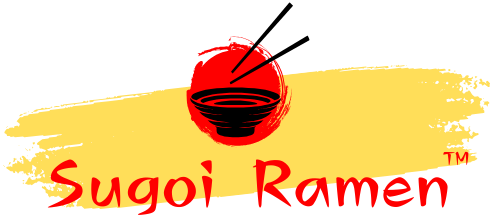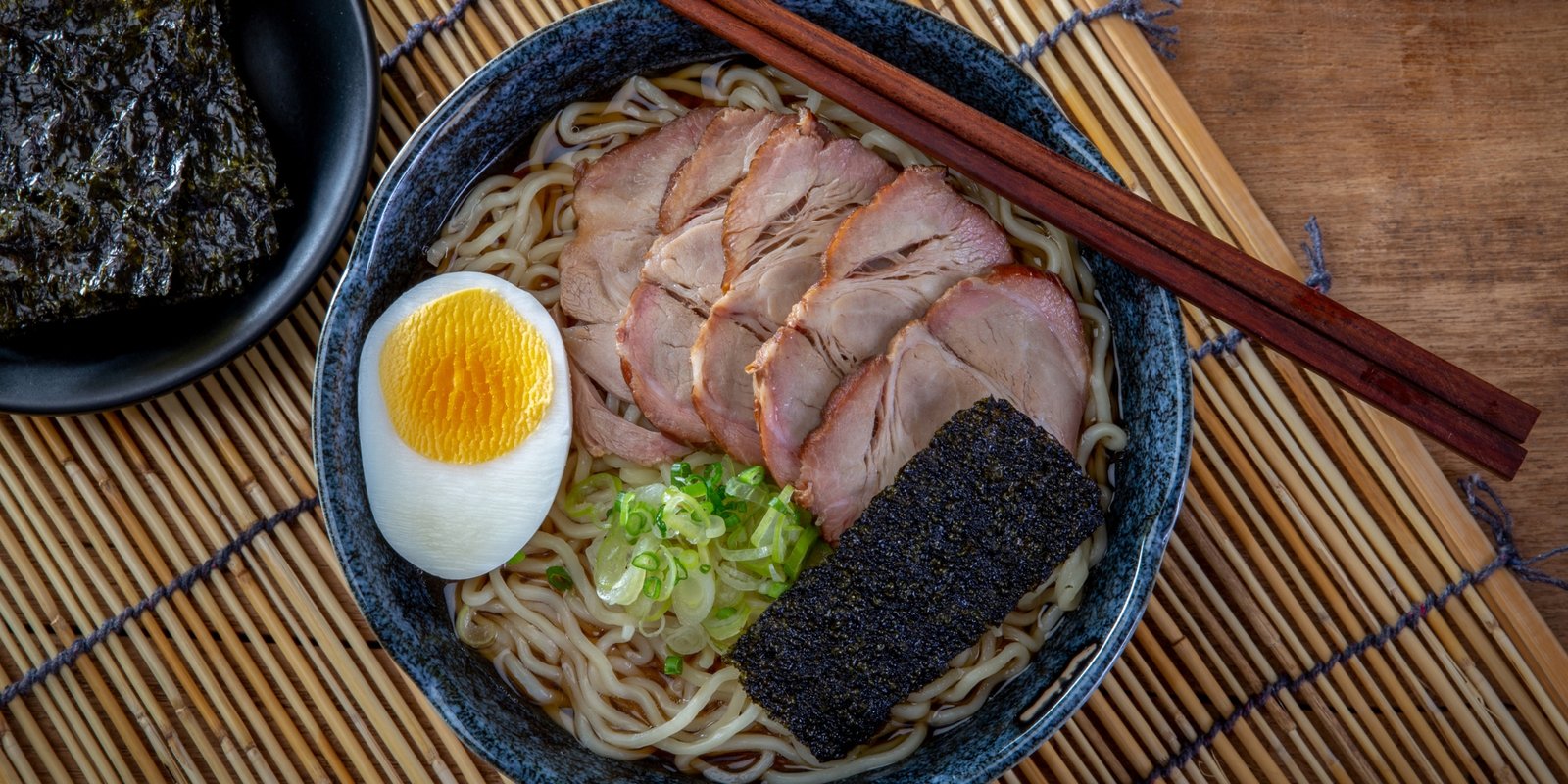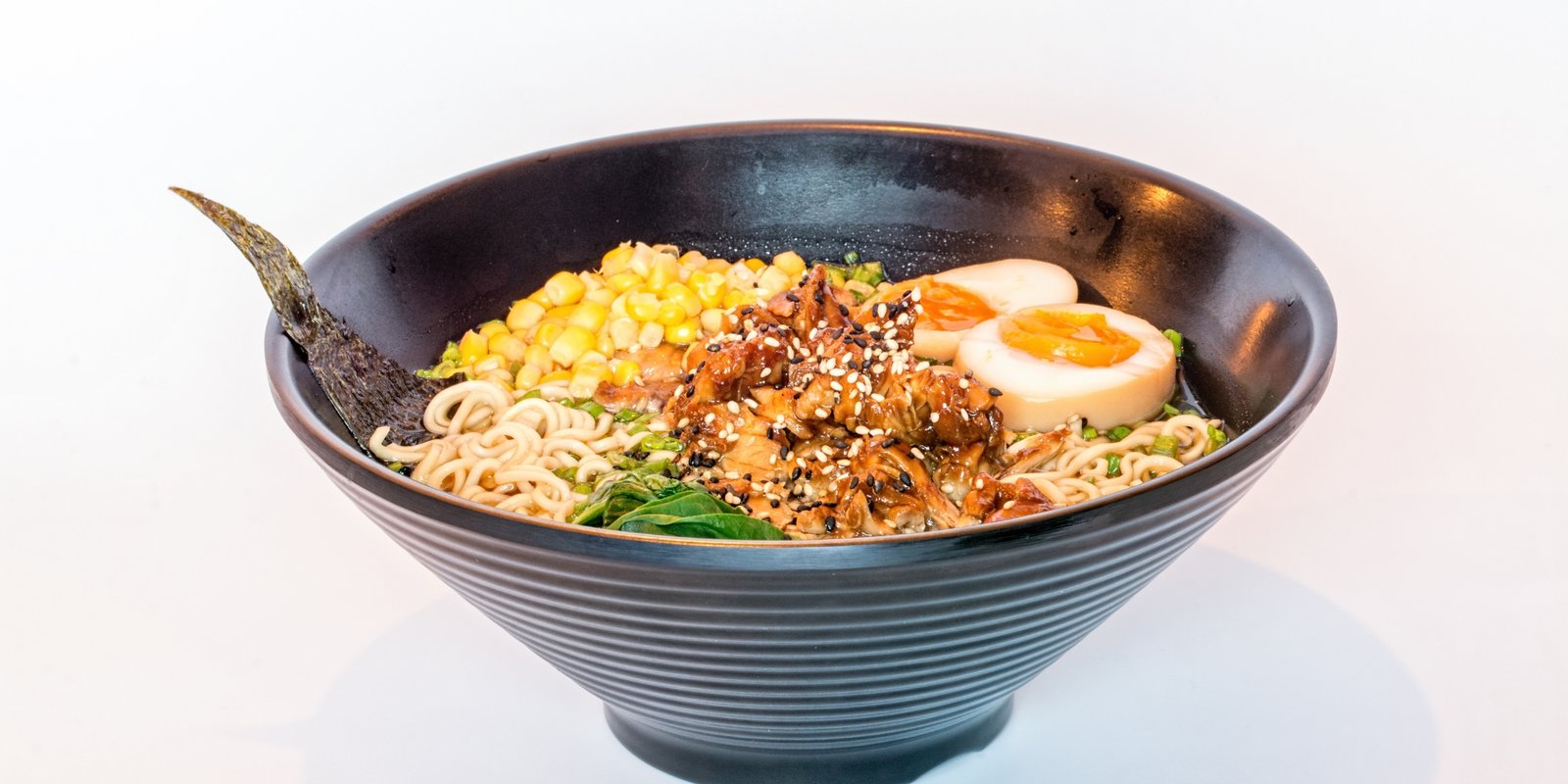Ramen is more than just a flavorful bowl of noodles; it is a cultural phenomenon and a nutritional powerhouse when consumed mindfully. While it is known for its comforting taste and versatility, the benefits of eating ramen extend far beyond satisfying your taste buds. Let us explore the many ways ramen can enhance your life and why it deserves a place in your diet.
Nutritional Benefits of Eating Ramen

1. A Balanced Source of Energy
Ramen provides a well-rounded combination of carbohydrates, proteins, and fats. The noodles deliver a quick energy boost, while the broth, often infused with proteins like chicken, pork, or tofu, ensures satiety. Incorporating fresh vegetables like spinach, mushrooms, and carrots further amplifies its nutritional profile.
2. High in Essential Amino Acids
Traditional ramen broth, especially tonkotsu (pork bone) or chicken-based, is rich in collagen and amino acids. These components contribute to joint health, skin elasticity, and overall cellular repair, making ramen a functional food for holistic wellness.
3. Packed with Micronutrients
Ramen can be a good source of vitamins and minerals, depending on the ingredients used. Adding seaweed, eggs, or miso enhances its content of vitamins A, B, and D, along with essential minerals like iodine, iron, and magnesium.
Cultural and Emotional Benefits of Eating Ramen
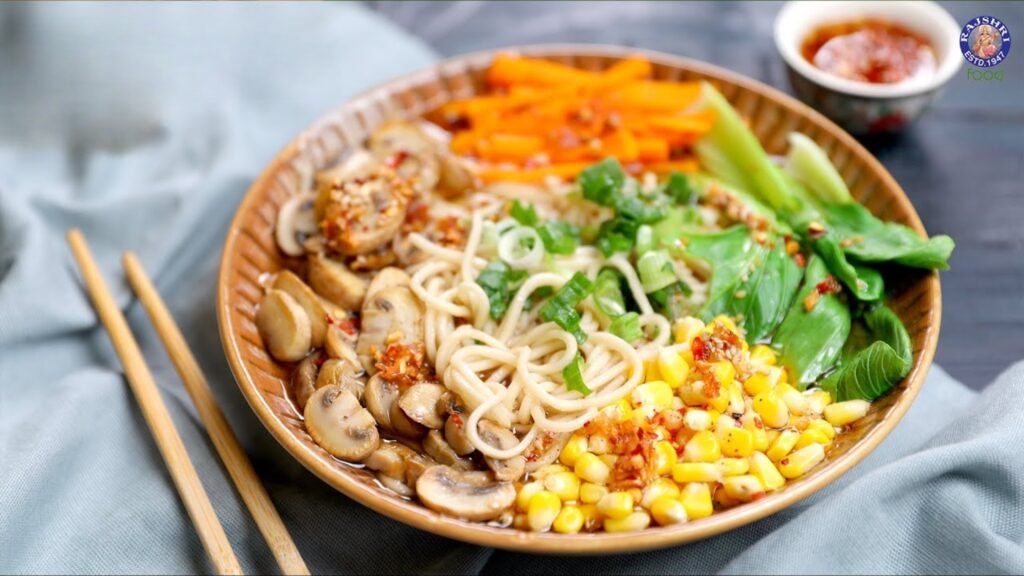
1. A Comfort Food for the Soul
Ramen is often regarded as a comfort food due to its warmth and rich flavors. It can evoke nostalgic feelings, improve mood, and provide emotional relief after a long day.
2. Promotes Social Bonding
Sharing a bowl of ramen fosters community and connection. Ramen shops worldwide have become hubs where people gather to enjoy this timeless dish, making it an ideal choice for social outings.
Customizable for Every Diet
1. Adaptable to Dietary Preferences
Whether you follow a vegan, vegetarian, or high-protein diet, ramen can be tailored to meet your needs. Replace traditional wheat noodles with gluten-free options, swap animal-based proteins for tofu or tempeh, or use vegetable broths for a plant-based twist.
2. Low-Calorie Variants
Modern ramen recipes often include low-calorie noodle options such as shirataki or zucchini noodles. These variations cater to individuals looking to manage weight without sacrificing flavor.
Health Benefits of Eating Ramen
1. Boosts Immunity
Ramen made with miso or fermented ingredients like kimchi can strengthen the immune system. These ingredients are rich in probiotics, which support gut health and enhance the body’s natural defenses.
2. Promotes Hydration
The broth in ramen is hydrating and packed with electrolytes, helping replenish the body after exercise or during illness. Ingredients like ginger and garlic in the broth also provide anti-inflammatory benefits.
3. Supports Digestion
Fiber-rich vegetables and fermented toppings in ramen aid digestion and promote a healthy gut microbiome. These additions help prevent bloating and other digestive discomforts.
Ramen as a Versatile Culinary Experience
1. Experimentation with Flavors
The variety of ramen styles—from shoyu (soy sauce-based) to miso and spicy tantanmen—allows for endless experimentation. This flexibility makes ramen a canvas for culinary creativity.
2. Seasonal Adaptability
Ramen can be adjusted to suit the seasons. Warm, hearty broths are perfect for winter, while lighter, chilled ramen dishes like hiyashi chuka are refreshing during summer.
Economic Benefits of Eating Ramen
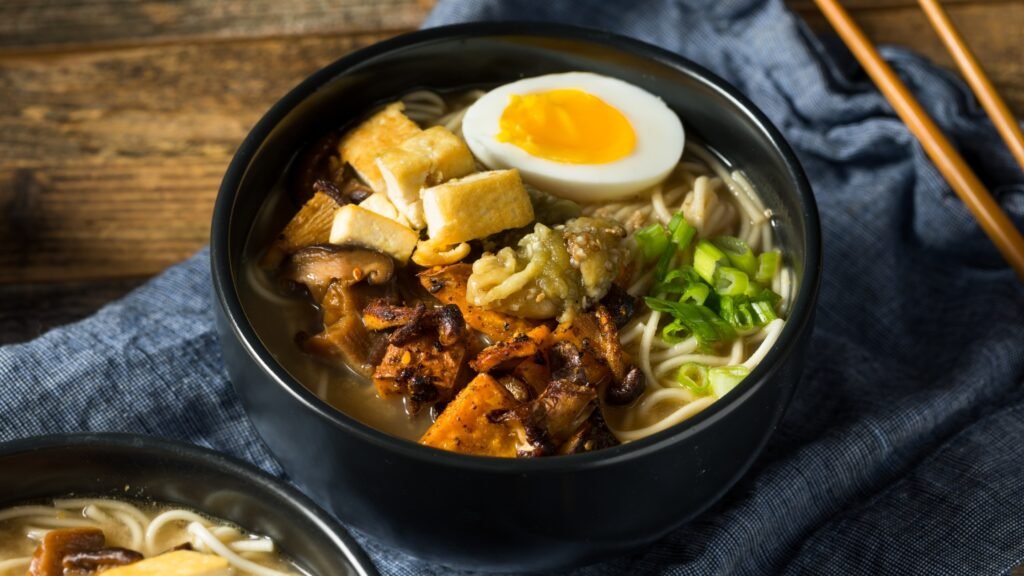
1. Affordable Gourmet Experience
Ramen is a budget-friendly option that doesn’t compromise on taste or quality. Many premium ramen recipes replicate the gourmet experience without breaking the bank.
2. Accessible Ingredients
The base ingredients for ramen—noodles, broth, and toppings—are widely available and affordable. This accessibility makes ramen a practical choice for families and individuals alike.
The Environmental Impact of Ramen
1. Promotes Sustainability
Ramen recipes often utilize leftover ingredients, reducing food waste. Broths can be made from vegetable scraps, and toppings can include leftovers, making it an eco-friendly meal choice.
2. Supports Local Producers
Many ramen shops and enthusiasts source their ingredients locally, supporting small-scale farmers and businesses while reducing the carbon footprint associated with food transportation.
How to Maximize the Benefits of Eating Ramen
1. Opt for Fresh Ingredients
Using fresh vegetables, organic proteins, and homemade broth ensures a healthier and more flavorful bowl of ramen.
2. Mind Your Portions
While ramen is delicious, moderation is key. Enjoying smaller portions or incorporating it as part of a balanced diet prevents overindulgence.
3. Experiment with Healthy Additions
Add superfoods like chia seeds, kale, or avocados to your ramen for an extra nutritional punch.
Conclusion: Why Ramen Is More Than Just a Meal
The benefits of eating ramen go far beyond its irresistible taste. It is a versatile, nutritious, and culturally significant dish that adapts to modern lifestyles and dietary needs. Whether enjoyed as a quick comfort meal or a thoughtfully prepared gourmet experience, ramen remains a timeless favorite that nourishes both body and soul.
FAQ’s
Q1. What makes ramen nutritious?
Ramen is packed with carbohydrates, proteins, and essential vitamins, especially when enriched with fresh vegetables and nutrient-rich broths.
Q2. Is ramen suitable for a healthy diet?
Yes, when prepared with mindful ingredients like whole-grain noodles, lean proteins, and vegetable-based broths, ramen can be a healthy meal.
Q3. Can ramen boost immunity?
Ingredients like miso, garlic, and ginger in ramen broths are known to enhance immune function and support overall health.
Q4. Are there low-calorie ramen options?
Absolutely! Variations using shirataki or vegetable noodles are excellent for those looking to reduce calorie intake.
Q5. How can ramen be sustainable?
Ramen recipes often utilize leftovers and locally sourced ingredients, minimizing food waste and environmental impact.
